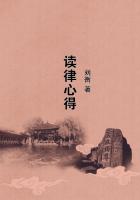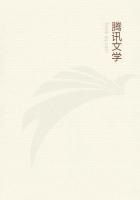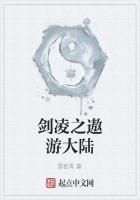The Earles, of Earlescourt, were one of the oldest families in England. The "Barony of Earle" is mentioned in the early reigns of the Tudor kings. They never appeared to have taken any great part either in politics or warfare. The annals of the family told of ******, virtuous lives; they contained, too, some few romantic incidents. Some of the older barons had been brave soldiers; and there were stories of hair-breadth escapes and great exploits by flood and field. Two or three had taken to politics, and had suffered through their eagerness and zeal; but, as a rule, the barons of Earle had been ******, kindly gentlemen, contented to live at home upon their own estates, satisfied with the duties they found there, careful in the alliances they contracted, and equally careful in the bringing up and establishment of their children. One and all they had been zealous cultivators of the fine arts. Earlescourt was almost overcrowded with pictures, statues, and works of art.
Son succeeded father, inheriting with title and estate the same kindly, ****** dispositions and the same tastes, until Rupert Earle, nineteenth baron, with whom our story opens, became Lord Earle. Simplicity and kindness were not his characteristics. He was proud, ambitious, and inflexible; he longed for the time when the Earles should become famous, when their name should be one of weight in council. In early life his ambitious desires seemed about to be realized. He was but twenty when he succeeded his father, and was an only child, clever, keen and ambitious. In his twenty-first year he married Lady Helena Brooklyn, the daughter of one of the proudest peers in Britain. There lay before him a fair and useful life. His wife was an elegant, accomplished woman, who knew the world and its ways--who had, from her earliest childhood, been accustomed to the highest and best society. Lord Earle often told her, laughingly, that she would have made an excellent embassadress--her manners were so bland and gracious; she had the rare gift of appearing interested in every one and in everything.
With such a wife at the head of his establishment, Lord Earle hoped for great things. He looked to a prosperous career as a statesman; no honors seemed to him too high, no ambition too great. But a hard fate lay before him. He made one brilliant and successful speech in Parliament--a speech never forgotten by those who heard it, for its astonishing eloquence, its keen wit, its bitter satire. Never again did his voice rouse alike friend and foe. He was seized with a sudden and dangerous illness which brought him to the brink of the grave. After a long and desperate struggle with the "grim enemy," he slowly recovered, but all hope of public life was over for him. The doctors said he might live to be a hale old man if he took proper precautions; he must live quietly, avoid all excitement, and never dream again of politics.
To Lord Earle this seemed like a sentence of exile or death. His wife tried her utmost to comfort and console him, but for some years he lived only to repine at his lot. Lady Helena devoted herself to him. Earlescourt became the center and home of famous hospitality; men of letters, artists, and men of note visited there, and in time Lord Earle became reconciled to his fate. All his hopes and his ambitions were now centered in his son, Ronald, a fine, noble boy, like his father in every respect save one. He had the same clear-cut Saxon face, with clear, honest eyes and proud lips, the same fair hair and stately carriage, but in one respect they differed. Lord Earle was firm and inflexible; no one ever thought of appealing against his decision or trying to change his resolution. If "my lord" had spoken, the matter was settled. Even Lady Helena knew that any attempt to influence him was vain. Ronald, on the contrary, could be stubborn, but not firm. He was more easily influenced; appeal to the better part of his nature, to his affection or sense of duty, was seldom made in vain.
No other children gladdened the Lord Earle's heart, and all his hopes were centered in his son. For the second time in his life great hopes and ambitions rose within him. What he had not achieved his son would do; the honor he could no longer seek might one day be his son's. There was something almost pitiful in the love of the stern, disappointed man for his child. He longed for the time when Ronald would be of age to commence his public career. He planned for his son as he had never planned for himself.
Time passed on, and the heir of Earlescourt went to Oxford, as his father had done before him. Then came the second bitter disappointment of Lord Earle's life. He himself was a Tory of the old school. Liberal principles were an abomination to him; he hated and detested everything connected with Liberalism. It was a great shock when Ronald returned from college a "full-fledged Liberal." With his usual keenness he saw that all discussion was useless.
"Let the Liberal fever wear out," said one of his friends; "you will find, Lord Earle, that all young men favor it. Conservatism is the result of age and experience. By the time your son takes a position in the world, he will have passed through many stages of Liberalism."
Lord Earle devoutly believed it. When the first shock of his disappointment was over, Ronald's political zeal began to amuse him. He liked to see the boy earnest in everything. He smiled when Ronald, in his clear, young voice, read out the speeches of the chief of his party. He smiled when the young man, eager to bring theory into practice, fraternized with the tenant farmers, and visited families from whom his father shrunk in aristocratic dread.

